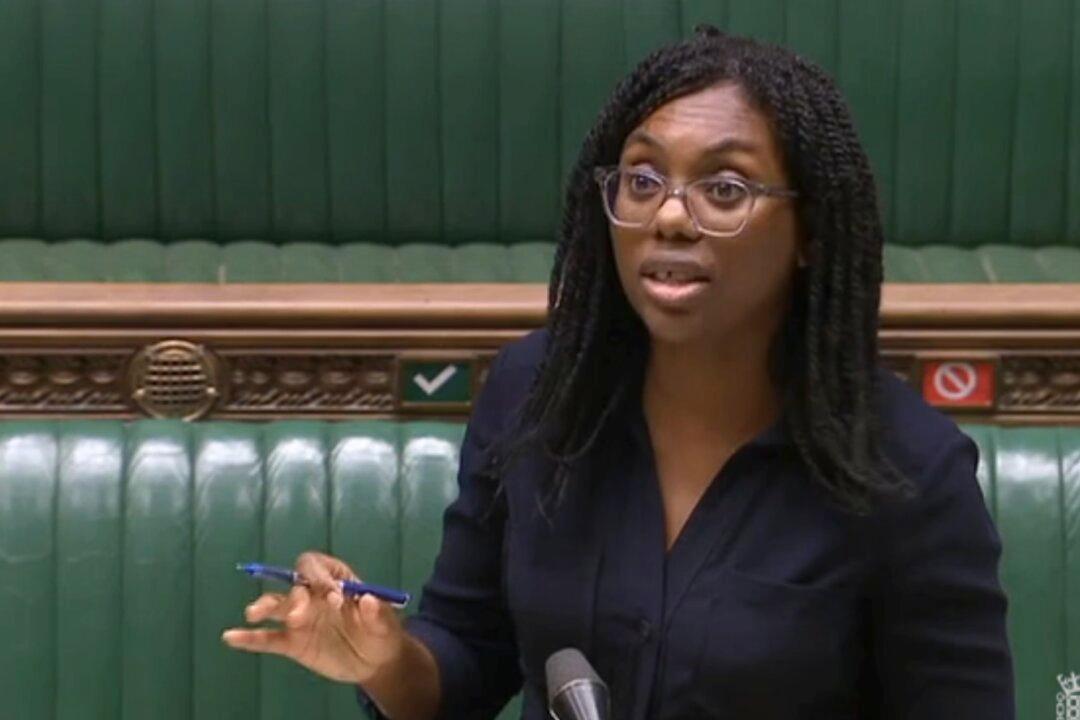The government has a plan to tackle racial inequality while building a more inclusive society. But some are questioning how some of the unforetold consequences of the Equality Act can be reigned in.
While the government’s “Inclusive Britain” policy paper has set out a raft of measures that translated the findings from the Commission on Race and Ethnic Disparities report into concrete action, critics say that current legislation still creates a new “hierarchy of inequality” and can even be changed for the better with a few simple legal tweaks.





